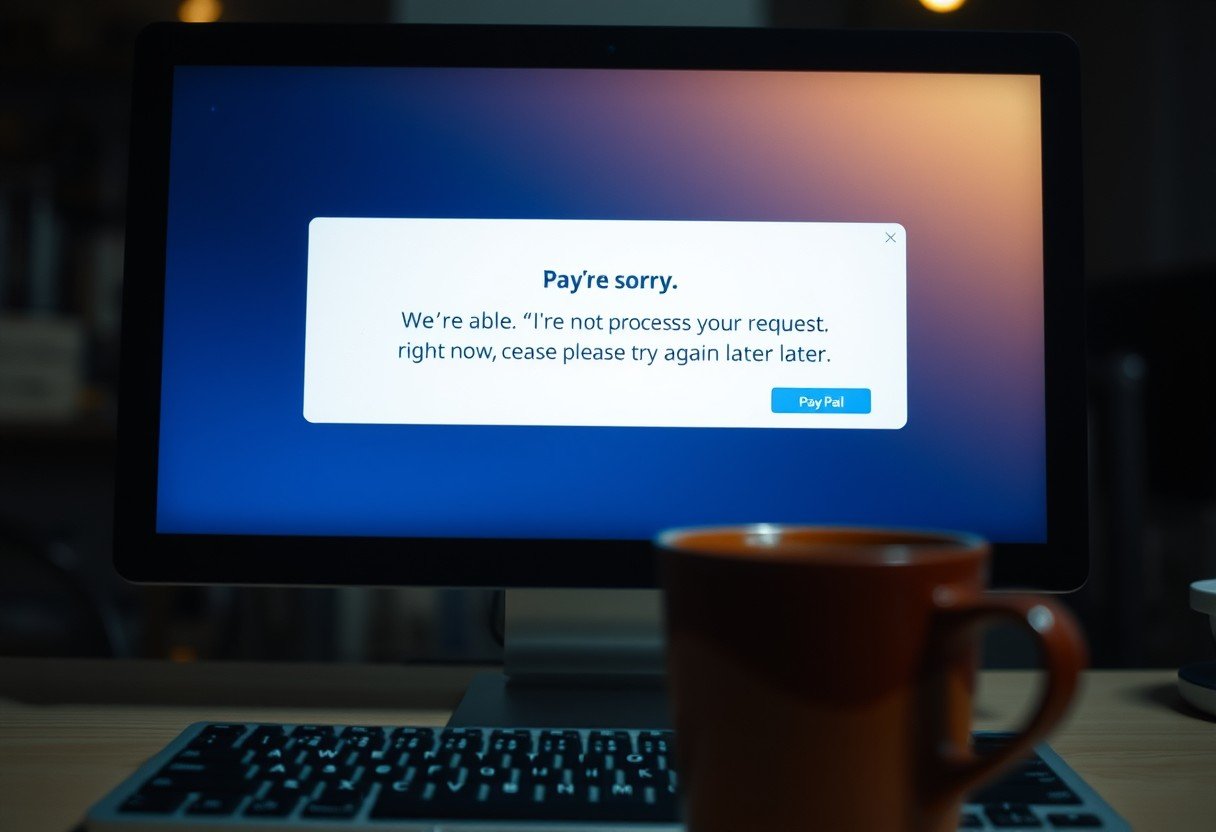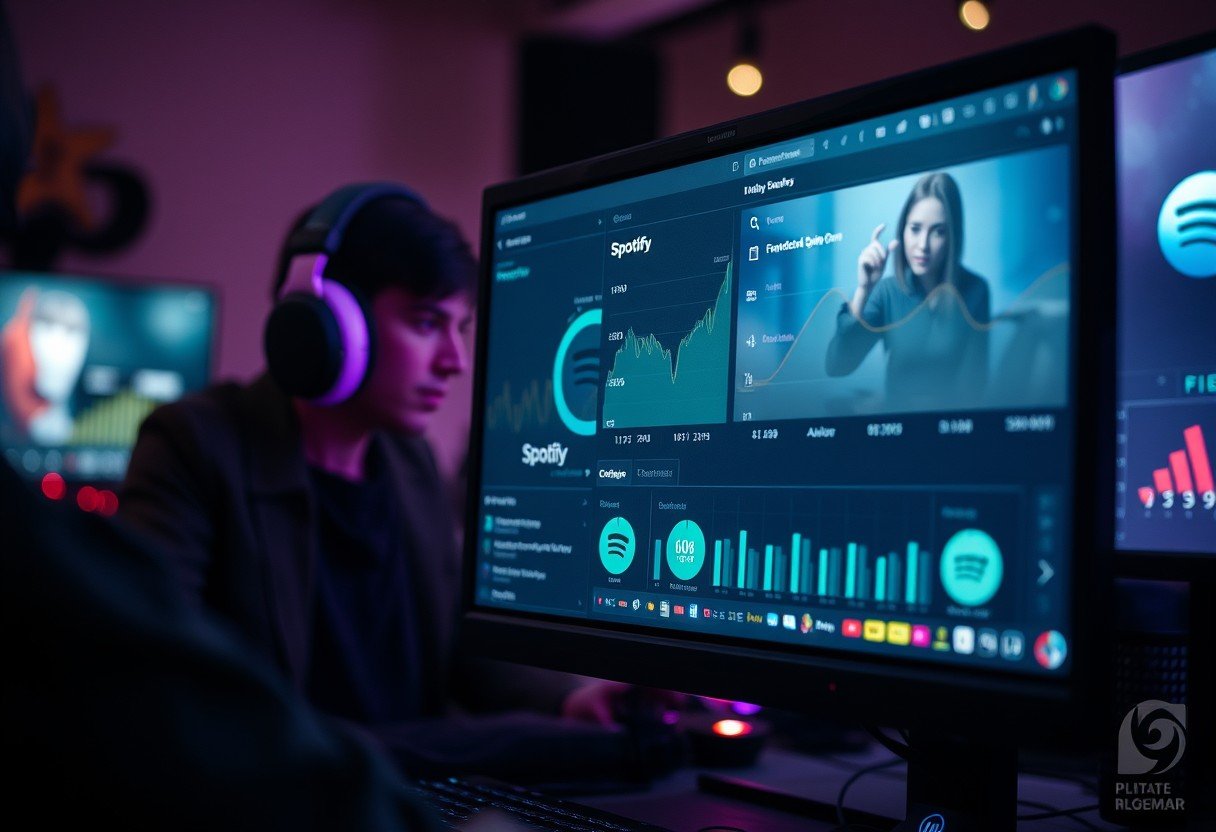Preparing for a colonoscopy involves several important steps, and knowing when to stop drinking alcohol is a critical one. For a successful and accurate procedure, your colon must be completely clean. Alcohol can interfere with this preparation, affect sedation, and lead to less reliable results. Following your doctor’s instructions carefully ensures your safety and the effectiveness of this vital health screening.
Why is Avoiding Alcohol Before a Colonoscopy so Important?
Abstaining from alcohol is a non-negotiable part of preparing for a colonoscopy. The primary reason is its potential to interfere with the entire process, from preparation to the procedure itself. Alcohol can have a significant dehydrating effect on your body.
Proper hydration is essential for the bowel prep solution to work correctly and flush your colon clean. When you are dehydrated, the prep can be less effective, making the process more difficult and uncomfortable.
Furthermore, alcohol can interact dangerously with the sedatives and anesthesia used during the colonoscopy. This interaction can alter the medication’s effectiveness and increase the risk of complications, compromising your safety during the procedure. An unclear view due to poor prep can mean the doctor might miss small polyps or other abnormalities.
The General Timeline for Stopping Alcohol
While you should always follow the specific instructions from your healthcare provider, a general guideline exists. Most medical professionals recommend you stop all alcohol consumption at least 48 hours before your scheduled appointment.
This two-day window gives your body enough time to process and eliminate the alcohol from your system. It also helps your body rehydrate and ensures that the alcohol won’t interfere with your bowel prep or sedation medications.
Some doctors may advise an even longer period of abstinence, especially if you have certain pre-existing health conditions. It is crucial to be honest with your doctor about your alcohol consumption habits so they can provide personalized advice. Never assume it’s okay to have even one drink in the days leading up to your procedure.
How Alcohol Directly Affects Your Bowel Prep
The success of a colonoscopy hinges on how clean your colon is. The bowel preparation process, which involves drinking a special cleansing solution, is designed to clear all stool and debris from your colon. Alcohol can directly sabotage these efforts.
It can irritate the lining of your stomach and intestines, which can cause inflammation and discomfort. This irritation can make it more challenging to tolerate the bowel prep solution.
Additionally, because alcohol is a diuretic, it makes you urinate more frequently, leading to fluid loss. This works against the goal of the prep, which requires you to consume large amounts of fluid. An inadequately cleansed colon can lead to several negative outcomes:
- Obscured view for the gastroenterologist.
- Missed polyps or other abnormalities.
- The need to repeat the entire procedure.
- A longer procedure time.
To ensure the best possible outcome, avoiding alcohol and sticking to the prescribed clear liquid diet is essential.
The Dangers of Mixing Alcohol and Sedation
One of the most serious risks of drinking alcohol before a colonoscopy involves its interaction with sedation and anesthesia. During the procedure, you will be given medication to help you relax and block any discomfort. These are powerful drugs that depress your central nervous system.
Alcohol is also a central nervous system depressant. Combining alcohol with sedatives can amplify their effects, leading to potentially dangerous complications like breathing difficulties or an unstable heart rate. The anesthesiologist needs to know exactly how your body will respond to the medication, and having alcohol in your system makes that unpredictable.
Even small amounts of alcohol can affect how your body metabolizes the anesthesia, potentially requiring the doctor to use more or less medication than is ideal. This creates an unnecessary risk during what is typically a very safe and routine procedure. Your safety is the top priority, and abstaining from alcohol is a simple step to protect it.
What You Can Drink Instead of Alcohol
During your colonoscopy prep, you will be on a clear liquid diet for a period of time. While alcohol is strictly off-limits, there are many other options to help you stay hydrated and comfortable. Sticking to approved clear liquids is key.
A liquid is considered “clear” if you can see through it. It’s important to avoid anything with red, blue, or purple dye, as these colors can stain the colon and be mistaken for blood during the examination.
Safe and recommended options include:
- Water (plain, carbonated, or flavored, but without dye)
- Clear broth (chicken, beef, or vegetable)
- Black coffee or tea (no milk or creamer)
- Apple juice or white grape juice
- Sports drinks in light colors like yellow or green
- Gelatin desserts without added fruit or red/purple dye
Special Considerations for Certain Health Conditions
For individuals with specific medical issues, the window for abstaining from alcohol may need to be longer than the standard 48 hours. It is vital to have an open conversation with your doctor about your complete medical history.
For example, patients with liver disease, such as cirrhosis or hepatitis, may be advised to stop drinking for a week or more. The liver is responsible for processing both alcohol and many of the medications used for sedation. An already compromised liver can be put under additional stress, increasing procedural risks.
Similarly, people with certain heart conditions or those taking specific medications, like blood thinners or diabetes medication, need personalized instructions. Alcohol can interact with these drugs and conditions in complex ways, and your doctor will create a prep plan tailored to your specific health needs.
Frequently Asked Questions about Alcohol and Colonoscopies
How long before a colonoscopy should I stop drinking alcohol?
It is generally recommended to stop consuming all alcoholic beverages at least 48 hours before your procedure. Always follow the specific timeline given to you by your healthcare provider, as it may be longer based on your health history.
Can I have just one glass of wine or beer the night before my colonoscopy?
No, you should avoid alcohol completely in the 48 hours before your procedure. Even a single drink can cause dehydration and interfere with the bowel cleansing process, potentially leading to an incomplete or canceled colonoscopy.
How does alcohol consumption affect the accuracy of the results?
Alcohol can lead to poor bowel preparation by causing dehydration and leaving residual debris in the colon. This obstructs the doctor’s view, making it possible to miss polyps or other important findings, which reduces the overall accuracy and effectiveness of the screening.
When can I resume drinking alcohol after my colonoscopy?
It is best to wait at least 24 hours after your procedure before drinking alcohol. The sedatives used can affect your judgment and coordination, and alcohol can intensify these effects, increasing your risk of an accident or injury.
What happens if I accidentally drink alcohol before my colonoscopy?
If you consume alcohol within the restricted timeframe, you must inform your doctor’s office immediately. They will advise you on whether you need to reschedule the procedure to ensure your safety and the quality of the examination.




Leave a Comment